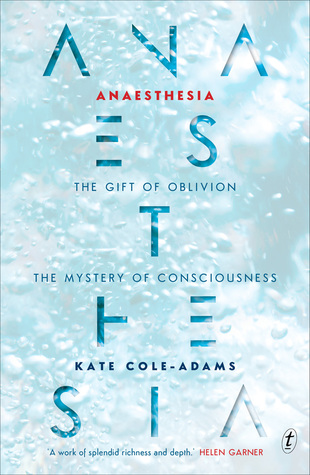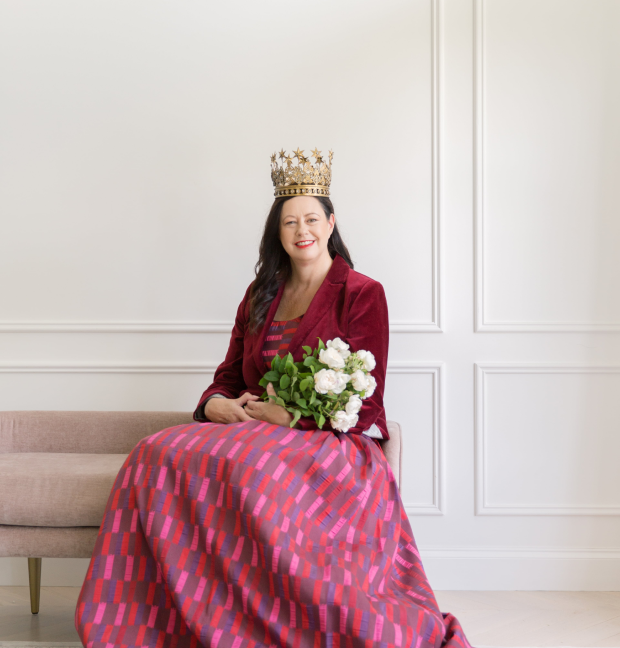
The Blurb (from Goodreads):
A hundred and seventy years ago many people would have chosen to die rather than undergo the ordeal of surgery. Today, even major operations are routine. Anaesthesia has made them possible.
But how much do we really know about what happens when we go under? Can we hear what’s going on around us? Is pain still pain if we are not awake to feel it, or don’t remember it afterwards? How does the unconscious mind deal with the body’s experience of being cut open and ransacked? And what happens to those rare patients who wake up under the knife?
Haunting, lyrical, sometimes shattering, Anaesthesia leavens science with personal experience – and brings an intensely human curiosity to the unknowable realm beyond consciousness.
My Thoughts:
After a childhood accident, I was in a coma for more than six weeks as a young child. I subsequently had quite a few operations under anaesthesia, and one awful experience of half-waking up while still on the operating table. My memories of the experience – the lights, the hooded faces, the flashing knives, the agony, the strange sensation of being out of my own body – have made me curious for many years about altered states of being.
So I bought this book on a whim at the Sydney Writers Festival last year. I dipped in and out of it over the following months, as I often do with non-fiction. Then I had the most strange and profound experience while undergoing a routine procedure in day-surgery (ok, ok, if you must know I was having a colonoscopy!)
I had been working on a new poem about labyrinths for a few days and had decided to write it as a Fibonacci sequence (i.e. syllables of 1,1,2,3,5,8). A I lay in my hospital gown on the trolley, waiting in the chill, bare hall, I thought about my poem. Reciting poetry to myself has always been one way I deal with the rising whine of anxiety I feel once I smell that awful hospital smell and hear those awful hospital sounds.
When I drifted into wakefulness some time later, I had the poem in the palm of my hand, a perfect marvellous spiral. I wrote it down when I got home, and needed to change barely a word.
This experience was so eerie I spent my convalescence reading Kate Cole-Adams’s book, Anaesthesia: The Gift of Oblivion & The Mystery of Consciousness. On the one hand it's an examination of the history of anaesthetics, and some of the mysteries and problems associated with it. To my relief, it was written in such clear, limpid and often lyrical language that I had no problem understanding it. The other aspect of the book was personal histories of those who have suffered and survived and been saved because of anaesthetics, including that of Kate Cole-Adams herself. These stories lifted the book out of the ordinary, along with her utterly beautiful prose:
‘Anaesthesia … Most of us can barely pronounce it. Yet it has allowed the body’s defences to be breached in ways previously unimaginable except during warfare or other catastrophe. Through the use of powerful poisons, it has enabled entry into the secret cavities of the chest and the belly and the brain. It has freed surgeons to saw like carpenters through the bony fortress of the ribs. It has made it possible for a doctor to hold in her hand a steadily beating heart. It is a powerful gift. But what exactly is it?’
An astonishingly intense and personal book about a science we now all take for granted.
BUY ANAESTHESIA: THE GIFT OF OBLIVION NOWHere's another great book that I reviewed recently:
BOOK REVIEW: The Orchid Thief: A True Story of Beauty and Obsession by Susan Orlean

